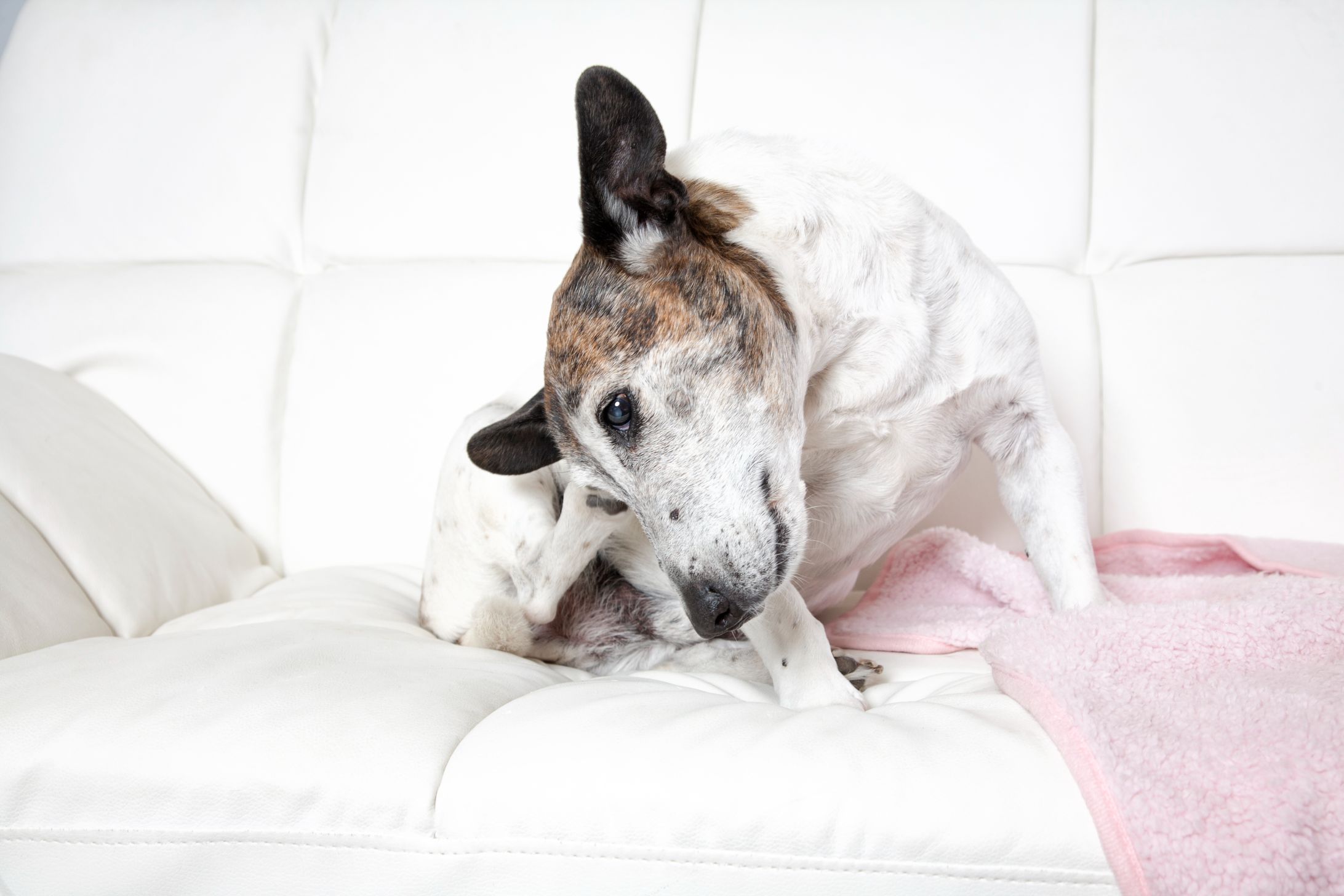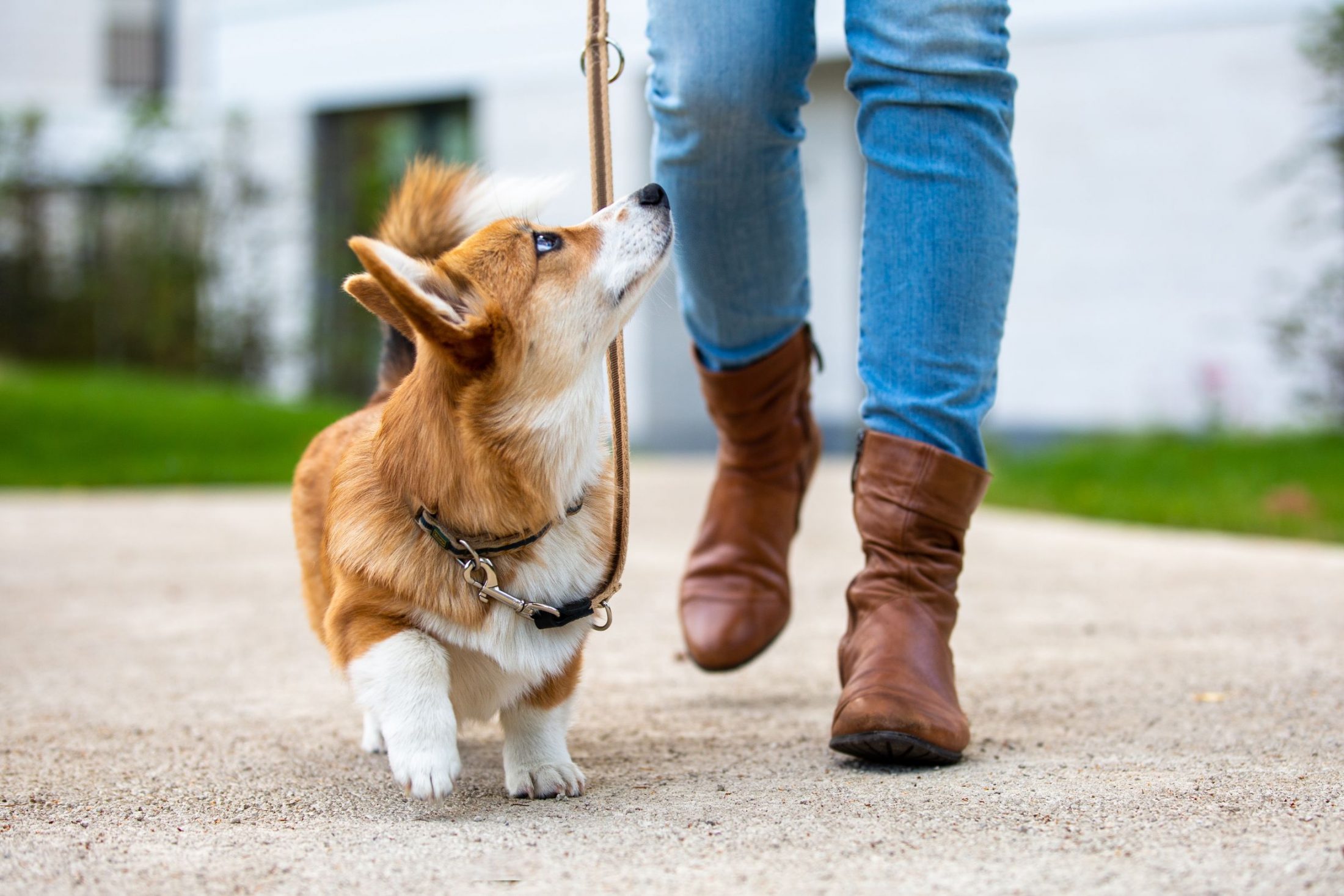Just like we need to visit the dentist regularly, our pets also need regular veterinary dental checkups in order to keep their teeth and gums clean and healthy. Studies have shown that 95% of dogs and 82% of cats suffer from periodontal (gum) disease by the time they are three years old. This can be very painful and, if left untreated, can lead to more serious health conditions such as:

While your pet’s veterinarian will check for dental and periodontal disease during the routine wellness visit, you can also watch for signs and symptoms that your pet may be suffering from dental disease:
Dental X-rays are an essential part of your pet’s dental visit. They allow the veterinarian to see below your pet’s gum line and identify any broken, loose, or infected teeth. Digital X-rays also can easily be transmitted if a referral is necessary.

Periodontal disease begins when your pet’s teeth get coated with an invisible film of bacteria, also known as plaque. As plaque hardens, it becomes tartar, the yellow or brown substance you can see on your pet's teeth. In order to prevent dental disease from developing into something more serious, we recommend professional dental cleanings to remove plaque and tartar. These cleanings include:
While regular veterinary exams and cleanings are an important component of your pet’s dental health, the at-home component is just as important. Dr. Bouchard and her staff will work with you on developing an at-home dental plan that works for you and your pet.
Just like with us, brushing is the easiest, best, and most cost-effective way to protect your pet from dental problems. There are also specially formulated dental foods that can help reduce the buildup of plaque and tartar. Look for the Seal of Acceptance from the Veterinary Oral Health Council that appears on food meeting specific standards for reducing plaque and tartar buildup.
Contact us today with questions about recommended foods or to schedule your next veterinary dental visit.
If you’ve got an itchy dog or itchy cat, chances are, she has a skin condition and should be examined by your veterinarian. There are many different conditions that can impact your pet’s skin, and effective pet skincare requires an accurate diagnosis. At Summeridge Animal Clinic, we offer dermatology diagnostics and treatment options in Ontario, […]
Read MoreFrom hamsters to rabbits and everything in between, Summeridge Animal Clinic loves our pocket pets! While these pint-sized pets are not uncommon to see in people’s homes, it is a little crazy how little many of their owners know about their care. Read on to get started on the right paw when it comes to […]
Read MoreAll dogs—big, small, and in-between—need exercise every day to help them stay healthy and happy. But knowing just how much physical activity your dog needs depends upon many factors, including age, breed, size, and overall health. Your dog’s annual wellness exam is the perfect time to ask your Summeridge Animal Clinic veterinarian for recommendations that […]
Read More

